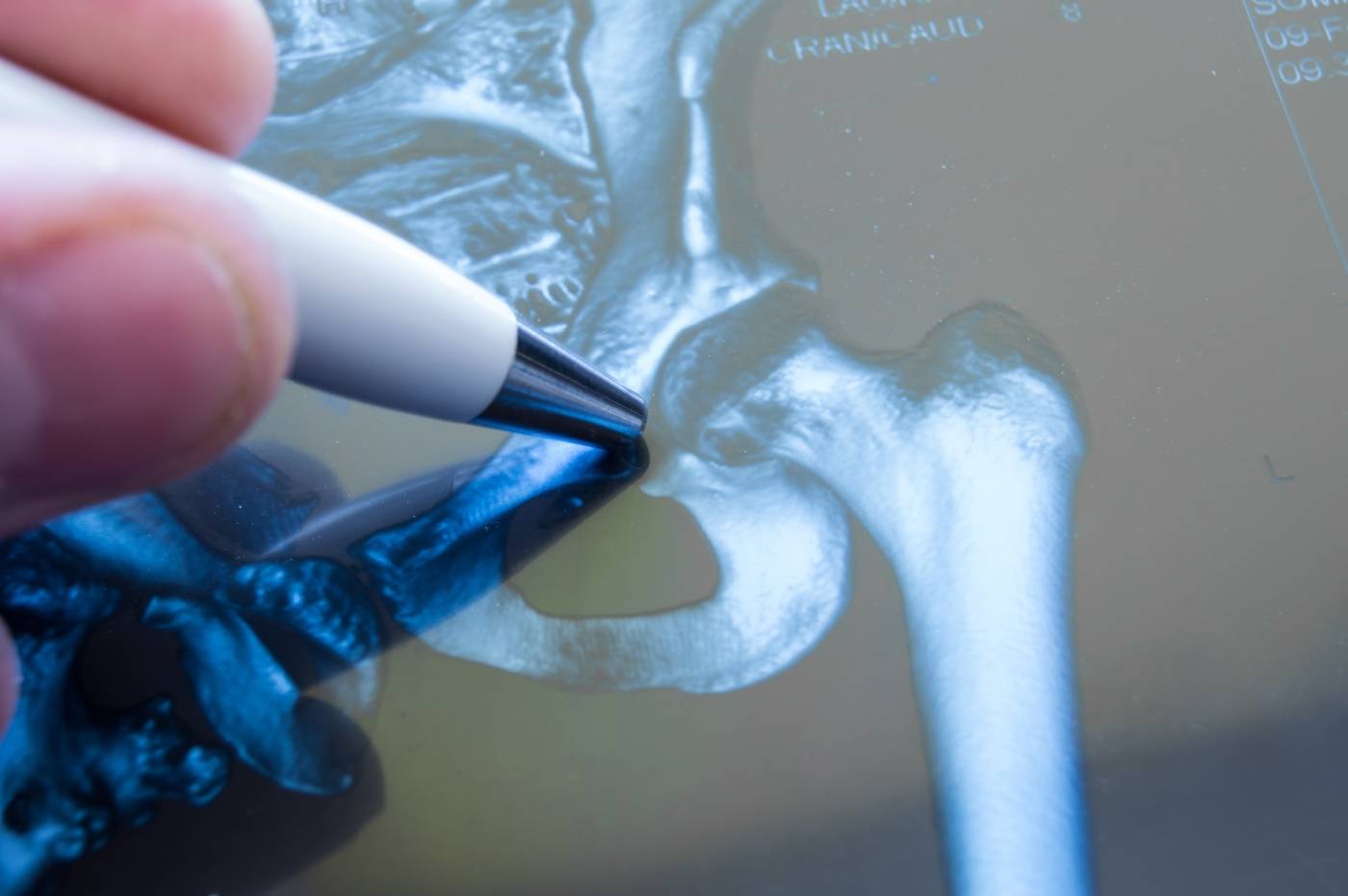It can be scary to consider knee replacement surgery when you don’t know what will happen. Fear of the unknown can be powerful, and it can cause people to avoid having a procedure, regardless of the amount of pain they may be in. But if you know what to expect going in, you can feel a lot more comfortable.
Deciding Whether or Not to Have Knee Replacement Surgery
It typically takes a lot of effort to make a decision to move forward with knee replacement surgery. You not only have to have a detailed discussion with your doctor, but you also need to talk with your loved ones. For many people, the final choice will depend on how much your daily activities and quality of life have been affected by your condition. If you can’t do things as simple as walking or going up and down stairs, or you have trouble sleeping or being able to work, then the time might be right to have surgery performed.
Recovering in the Hospital
Most people will stay in the hospital anywhere from one to four days after having knee replacement surgery. There are a few goals you’ll need to accomplish before you are discharged, such as being able to get from your bed to the bathroom and back without assistance. You’ll also need to be able to walk with an assistive device such as crutches, a cane or a walker, and be able to perform the exercises you’ll be asked to do at home.
Put a Plan Together for Returning Home
If you choose to go ahead with knee replacement surgery, you should to put a plan in place for when you get out of the hospital because you’ll need some help. Here are some of the things to keep in mind:
- Arrange for a family member, friend or neighbor to help you at home.
- Move your furniture so you can safely and comfortably maneuver around it with your assistive device. If your home has stairs, consider making the living room your temporary bedroom or move into another downstairs room for a little while.
- If you have any rugs that could trip you up, make sure they are removed before you return home. Check closely for any electrical cords and secure them.
- Have something you can use to elevate your leg periodically, such as a chair or a foot stool.
- You may need to make some changes to your bathroom, such as adding a raised toilet seat or a shower chair. For added security, install a bar along the wall with a rubber grip that you can use when your hands are wet.
Getting Back to Normal
It’s important that you realize you will need to take it easy once you get back home and gradually ease back into your normal activities. This doesn’t mean you need to stay in your chair all day, but just don’t try to do too much too quickly. You’ll have good days and bad days, but you will notice a gradual improvement. You won’t be able to drive until you are no longer taking painkillers and your reflexes are close to normal. Depending on the type of job you have, it could be a few weeks before you are able to return to work.
Talk to a professional with Regional Orthopedics if you would like more information on what to expect after your knee replacement surgery. We have helped people throughout Staten Island, New York City, Jersey City and the surrounding areas, and we can help you as well. Contact us online or call 833.464.6784 to schedule an appointment.





